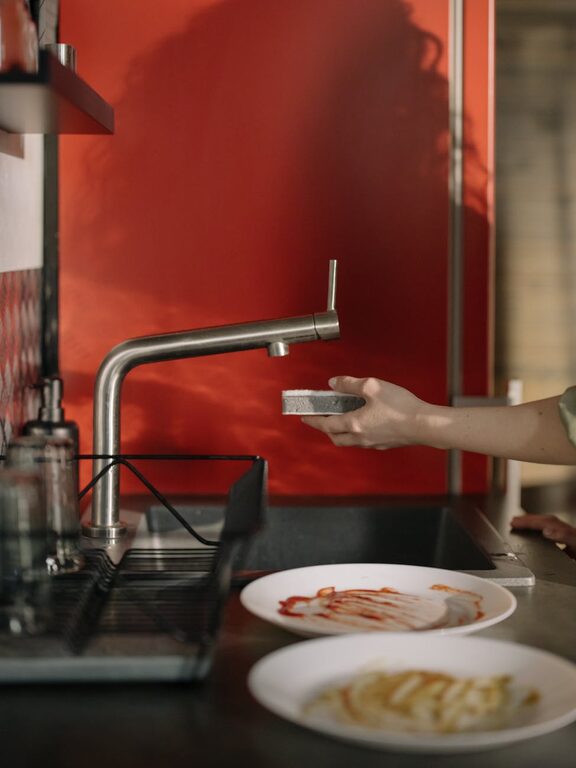Cleaning up after dinner can sometimes feel like a daunting chore, especially after a long day. But with a few practical strategies, you can make your cleanup routine faster, easier, and even a bit more enjoyable. Whether you cook for your family or just yourself, these helpful ideas will save time and reduce stress after meals.
1. Plan and Prep Ahead
Use Minimal Cookware and Tools
Before you start cooking, consider which pots, pans, and utensils you actually need. Sticking to fewer items means fewer dishes to wash afterward. For example, try one-pot meals or sheet-pan dinners where everything cooks together.
Prepare Ingredients Wisely
Chopping vegetables or marinating proteins the night before or during off-peak times reduces last-minute mess. Having mise en place (all ingredients prepped and ready) not only helps with cooking but keeps your workspace cleaner.
2. Cook Smarter
Use Non-Stick or Easy-Clean Cookware
Investing in good quality non-stick pans or cookware with dishwasher-safe surfaces helps avoid stubborn messes. Consider using silicone baking mats or parchment paper when roasting to minimize sticky spills.
Step-Wise Clean While Cooking
Wash cutting boards, knives, and used bowls as you finish with them during the cooking process. This prevents a pile-up after the meal and keeps your kitchen organized.
3. Streamline Serving and Eating
Use Serveware That Minimizes Waste
Using larger bowls or plates for family-style serving can reduce the number of dishes at the table. Also, serving food directly from pans or dishes that can go into the oven or microwave later means fewer containers to clean.
Encourage Simple Eating Areas
Keep the eating area clutter-free by limiting condiments, sauces, and extra utensils. This makes wiping down tables and counters after dinner a quick job.
4. Make Cleanup Easier and Faster
Soak as You Go
Immediately after dinner, soak pots, pans, and utensils that have stuck-on food. Warm water and a bit of detergent soften residues, making scrubbing easier later.
Use a Dishwashing Routine
Setup a system for washing. For example:
– Rinse and stack dishes by type.
– Wash items that don’t dry easily first.
– Let dishes air dry on a rack to save time.
If you use a dishwasher, rinse off large food bits and load it properly to maximize capacity.
Wipe Surfaces Immediately
Don’t wait until all dishes are done—wipe counters, stove tops, and dining surfaces right after eating. This avoids dried spills and keeps the kitchen looking tidy.
5. Organize Your Cleaning Tools
Keep Supplies Handy
Store dishcloths, scrubbers, and sprays near your sink so they’re easy to grab. Rotating sponges weekly and frequently washing dish towels helps prevent odors.
Use Multipurpose Cleaners
A good all-purpose cleaner works on counters, tables, and even appliances, reducing the number of products you need.
6. Consider Time-Saving Appliances
Use a Dishwasher
If handwashing dishes feels overwhelming, a dishwasher can be a great help. Loading it efficiently and running full loads saves water and energy.
Invest in Garbage Disposal or Compost System
A garbage disposal speeds up clearing leftovers while composting food scraps reduces waste and smells.
7. Create a Family Cleanup Routine
Share the Work
Involve family members or roommates in the cleanup. Assign tasks like clearing the table, rinsing dishes, or wiping surfaces. This distributes effort and makes cleanup go faster.
Make Cleanup a Positive Habit
Turn on some music or set a timer for 10-15 minutes to make cleanup feel less like a chore. A routine creates a habit and reduces the chance of mess piling up.
Final Thoughts
Dinner cleanup doesn’t have to be stressful or time-consuming. By planning ahead, cooking smart, and establishing good habits, you can cut down on mess and enjoy a cleaner kitchen faster. Trying even a few of these tips can make a noticeable difference to your evening routine. Happy cooking and cleaning!

